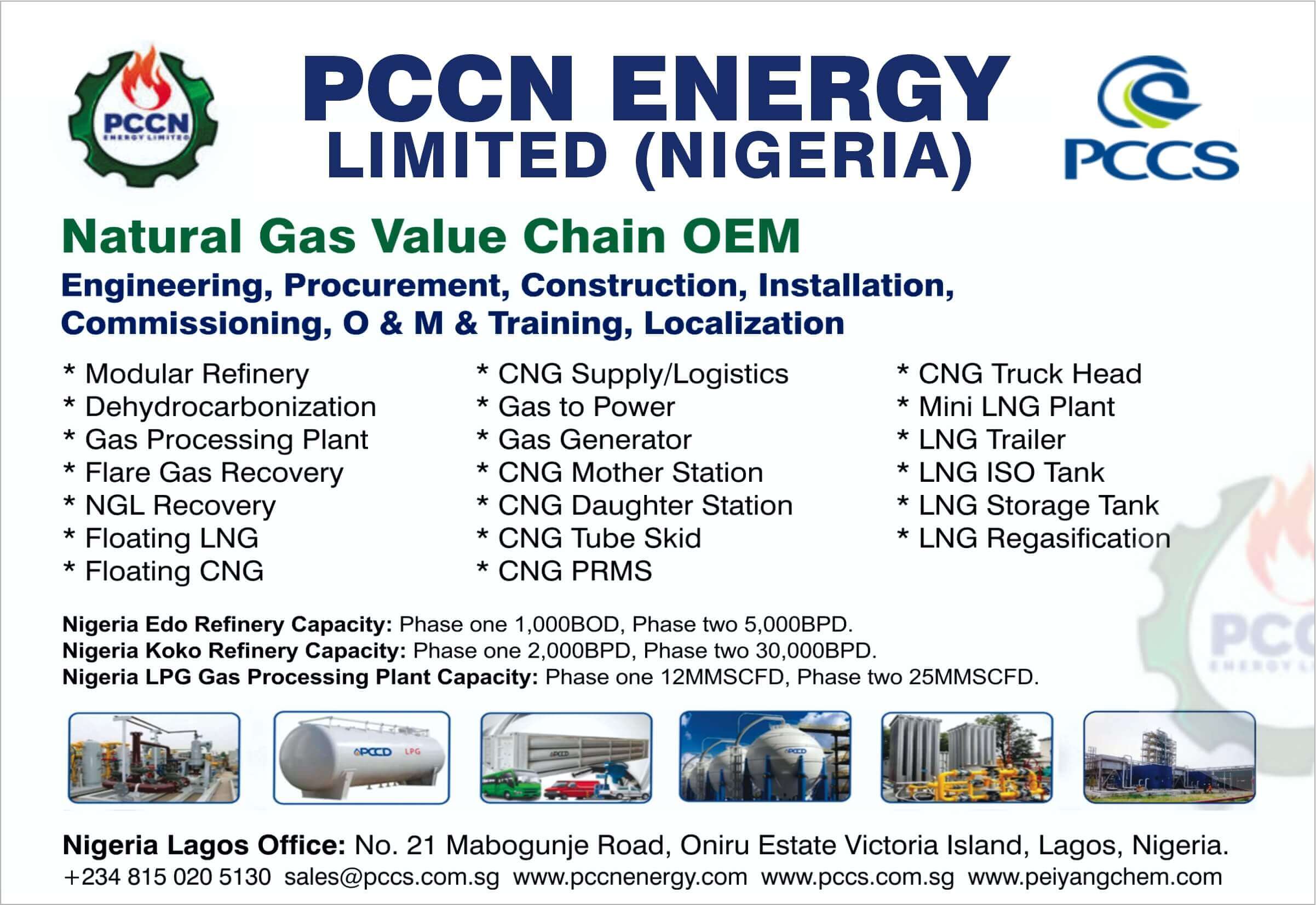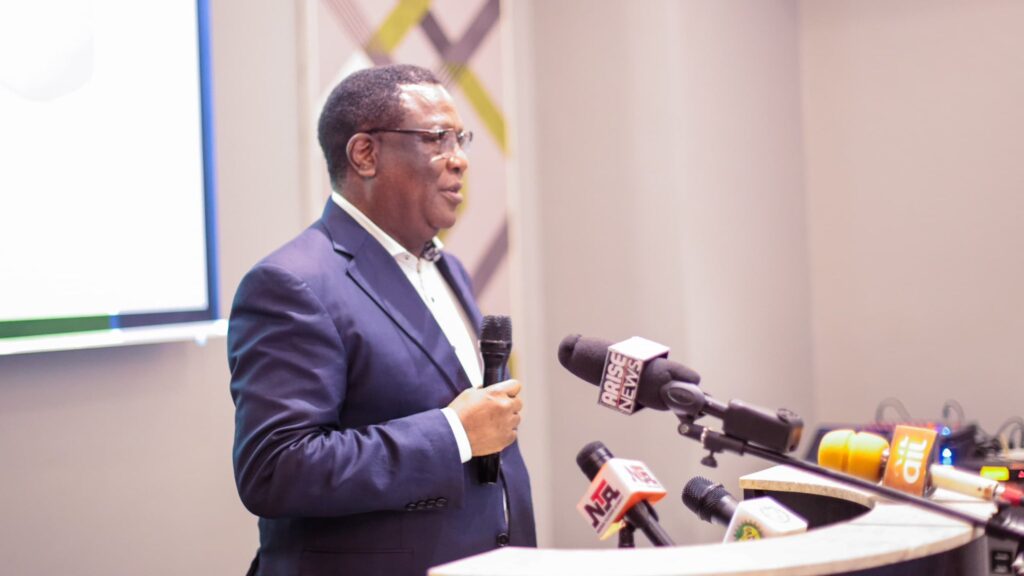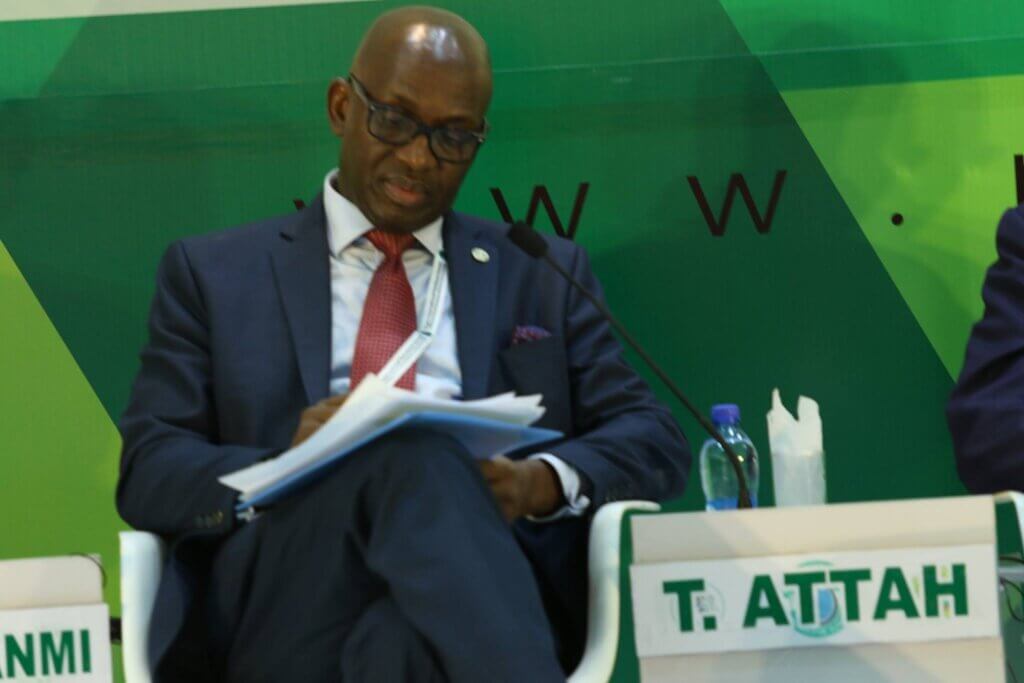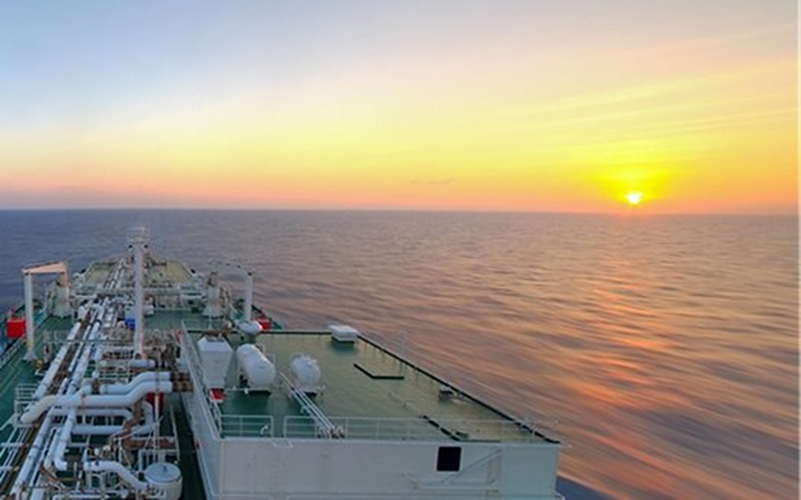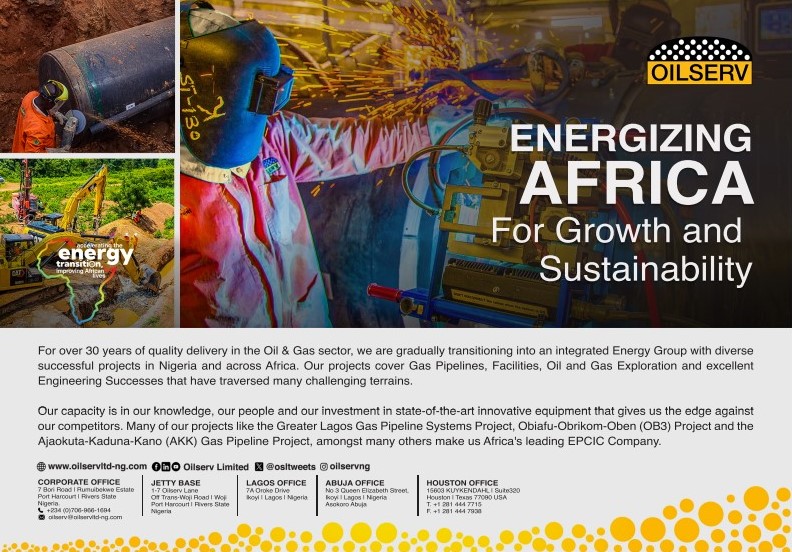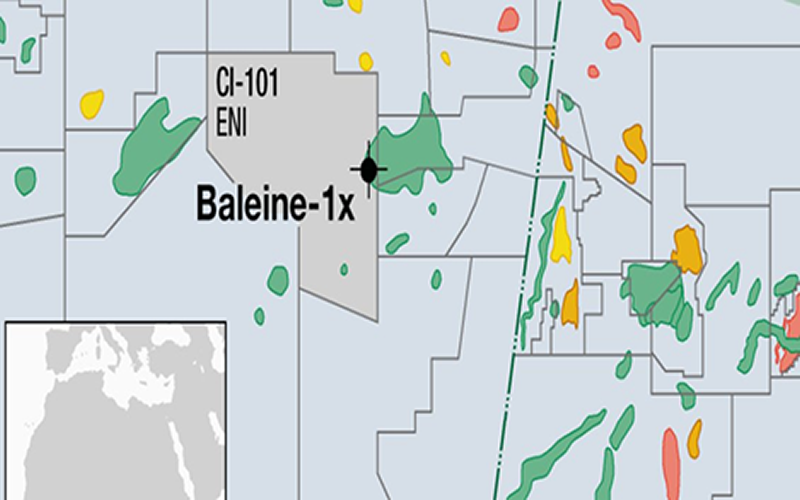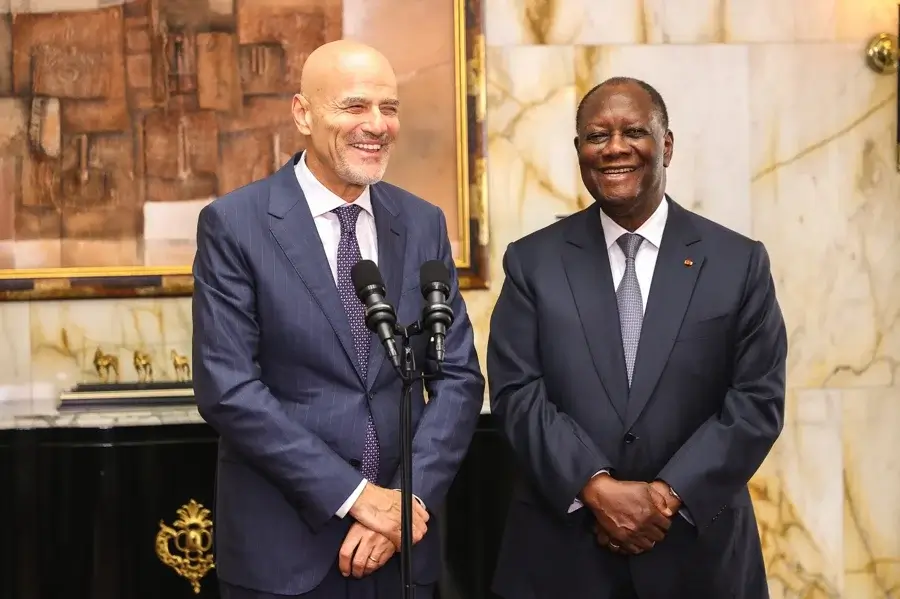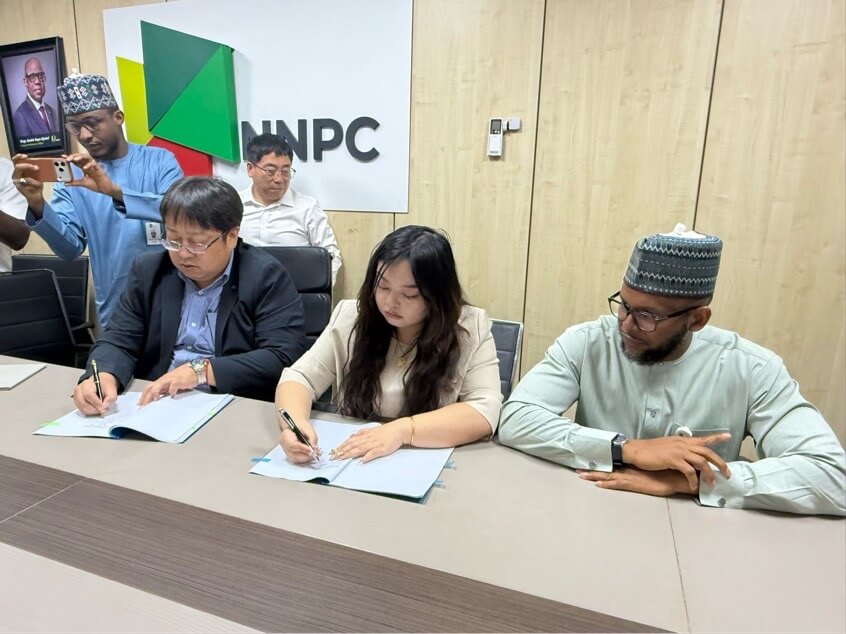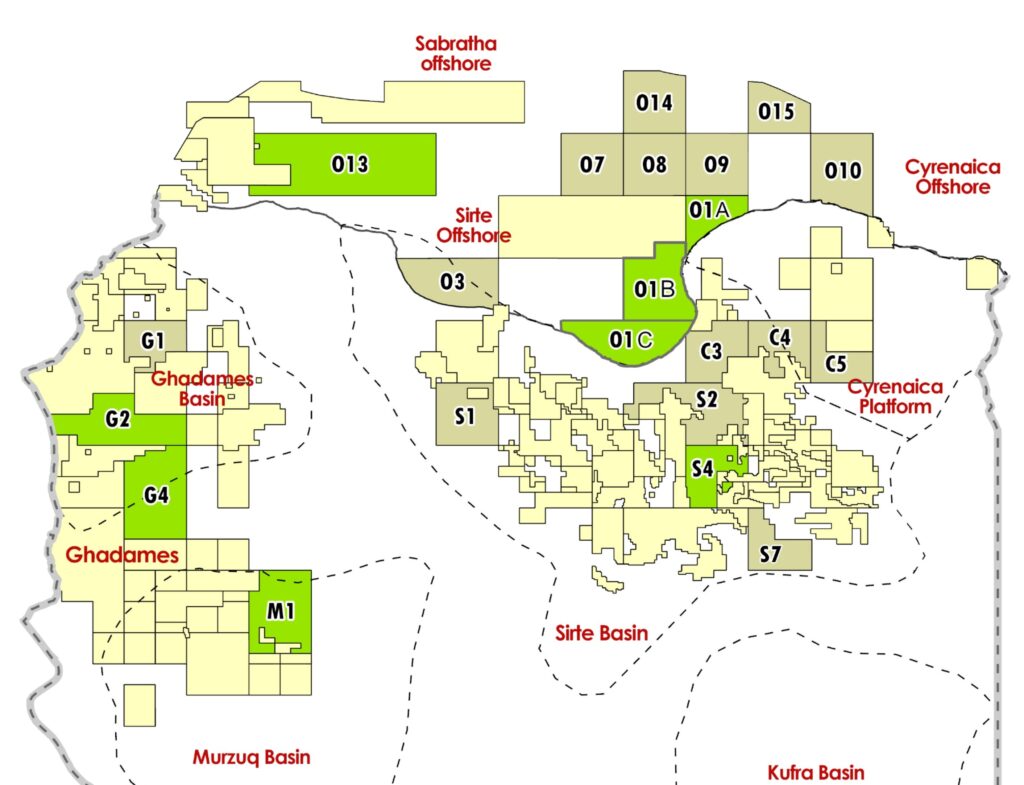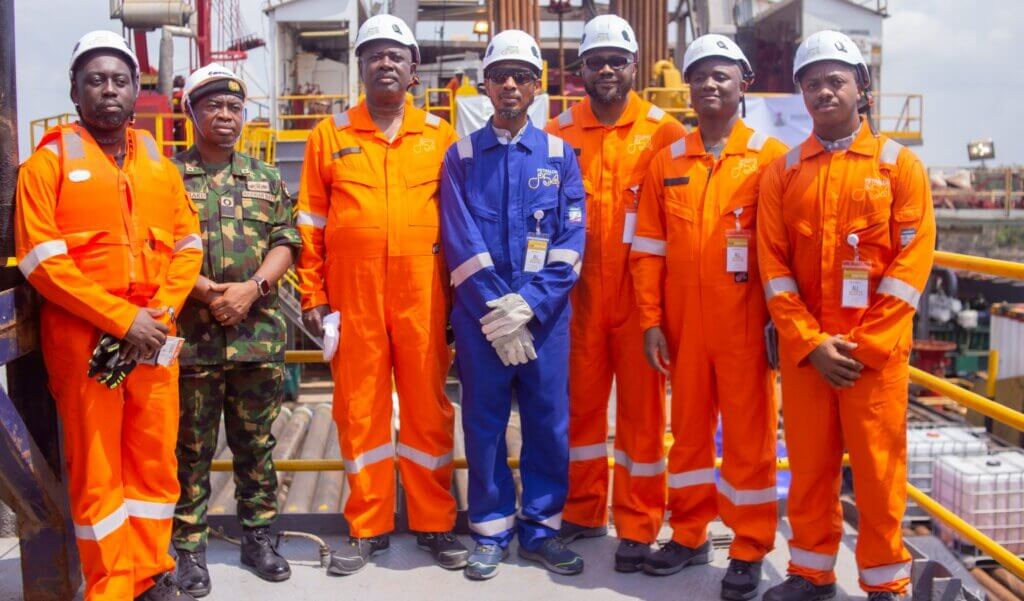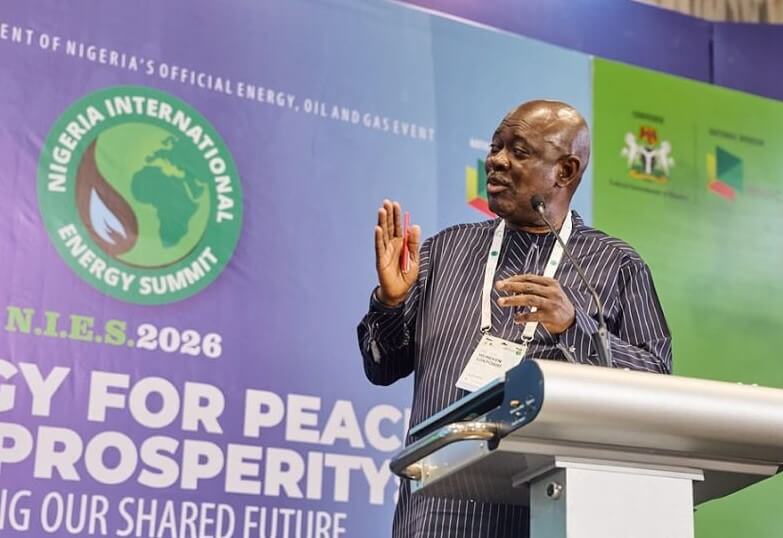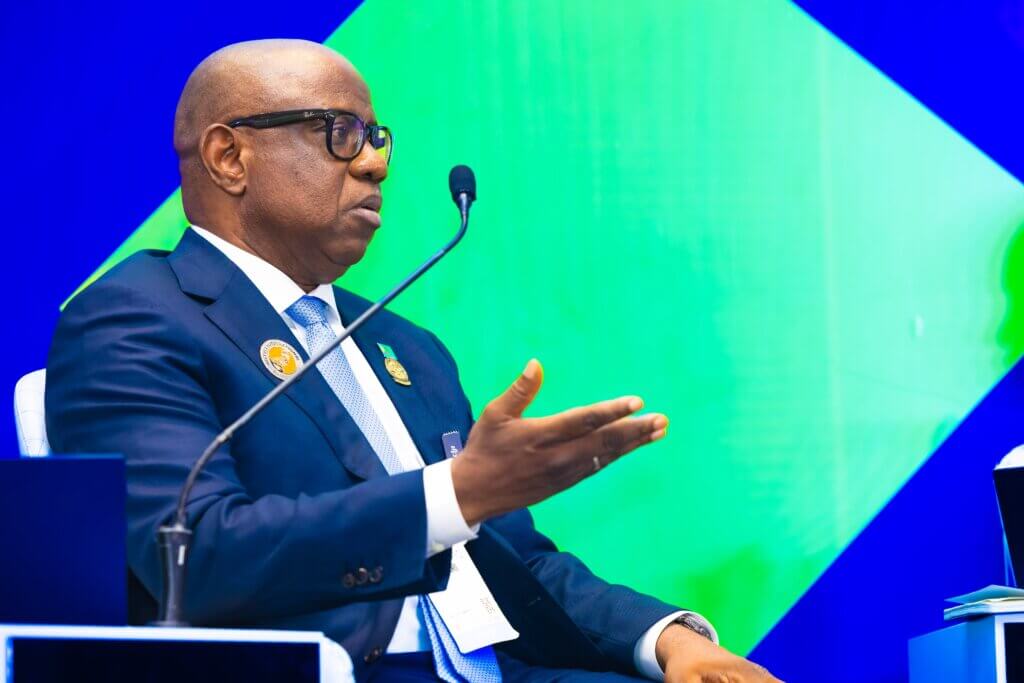
Owning to prevailing circumstances surrounding recent sanctions and economic policies that envelop Russia and European countries as concern natural gas supply, EU Commission President Ursula von der Leyen has signed a memorandum of understanding with Egypt and Israel in what has been described as a ‘historic agreement’ in cushioning cut-effect of gas supply.
The tripartite natural gas export deal is deemed necessary as the bloc seeks to diversify away from Russian energy. The deal which is finalised at the East Mediterranean regional energy conference in Cairo, will allow “significant” exports of Israeli gas to Europe for the first time, the Israeli energy ministry said. The signing of the memorandum of understanding is coming a day after von der Leyen and Italian Prime Minister Mario Draghi embarked on energy talks with Israeli foreign minister Yair Lapid.
“What a special moment,” European Commission chief Ursula von der Leyen said in a joint news conference alongside the Egyptian and Israeli energy ministers. “I very warmly welcome the signing of this historic agreement.” Von der Leyen said on Twitter that the agreement would contribute to Europe’s energy security.
Last year, the EU imported roughly 40 percent of its gas from Russia. Countries have been struggling to reduce that dependency in order to sanction Russia over its ongoing invasion of Ukraine.
“It is an outstanding step bringing our energy cooperation to the next level,” von der Leyen said on Tuesday while visiting Israel.
The EU Commission chief in his speech further stressed that the memorandum of understanding would increase the bloc’s “independence,” glossing over its newly-found reliance on Cairo and Tel Aviv. Von der Leyen also praised a set of controversial agreements brokered by former US President Donald Trump normalising ties between Israel, the UAE and Bahrain.
Israeli gas will be brought via a pipeline to Egypt’s LNG terminal on the Mediterranean, where some will be liquefied and transported on tankers to European shores. The pipeline’s construction has not yet begun and the EU is still conducting preliminary evaluations and cost estimations. In April, a US envoy said it was too expensive, not economically viable and will take too long to provide an alternative to Russian gas.
Israel has emerged as a gas exporter in recent years following major offshore discoveries. It has two major gas fields off its coast with an estimated 690 billion cubic metres of natural gas combined and continues to explore for more, including those that lie underneath the disputed maritime border with Lebanon. Tel Aviv says the Karish field is part of its UN-recognised exclusive economic zone. Lebanon insists it is in a disputed area.


























